Dear Readers, Prevent coronavirus infection when you are at risk. Take special care if you return from a trip from a risk area and develop flu symptoms such as cough, shortness of breath or fever within 14 days. This also applies if you have only had contact with someone who has previously been in a risk area.
Among the symptoms of coronavirus include mainly fever and coughs, colds and sore throats, some patients have difficulty breathing. If the course is severe, the virus can lead to pneumonia. Some sufferers also suffer from diarrhea. The incubation period is the time between infection and the onset of the disease is up to 14 days according to the current information.
In the event of suspicion, you should call your doctor and discuss how to proceed. If possible, do not go directly to the practice: you could infect other patients.
Tips on how to Prevent coronavirus infection
Basically, the same protective measures as to prevent flu are recommended. This includes:
- Keep your distance from people who show flu symptoms. The recommended distance of two to three meters.
- Ensure good hand hygiene: wash your hands thoroughly and frequently – including your wrists, spaces between fingers and the nail bed and then dry everything thoroughly.
- Avoid touching your eyes, nose, and mouth. It is the easiest place for the virus to penetrate the body.
- Follow the sneeze and cough etiquette: use disposable handkerchiefs, which you then throw away. Don’t sneeze into your hands and turn away from other people. Lothar H. Wieler, head of the Robert Koch Institute, advised at a press conference “to sneeze in the crook of your arm and keep a meter away”.
- Avoid cloth towels that are used by several people at the sink and use disposable paper towels instead. Likewise, not solid soap, but rather liquid soap from dispensers should be used.
Preventing coronavirus – more advice
- Avoid shaking hands and hugs.
- Ventilate regularly.
- Alternatively, you can press or open elevator buttons, handrails and door handle in public buildings with your ankles or elbows.
- If you show symptoms of a respiratory illness yourself, stay at home if possible. Not only do you protect yourself, but you also protect others from infection. Contact your doctor instead.
How do coronavirus, flu, and cold differ?
The fear is about: Those who cough and sniff fear that they have been infected with the SARS-CoV-2 coronavirus. There are also other pathogens currently circulating. Can Covid-19, flu, and cold be differentiated?
Cough, runny nose, hoarseness – typical symptoms during the cold period. The fear of being infected with the new coronavirus SARS-CoV-2 is deep. However, it is more likely that you have become infected with one of the numerous rhinoviruses. The flu, also called influenza, is also caused by viruses.
Symptoms of Covid-19 disease
If you get sick, doctors speak of Covid-19. The symptoms in Europe mostly resemble a harmless cold, which is also rather slow at the beginning. Possible symptoms include fever, cough, difficulty breathing, muscle pain, and fatigue – sometimes including sputum, headache, and diarrhea. A minority suffers from viral pneumonia, the severe course of Covid-19. However, some patients remain largely asymptomatic.
Who is at risk from the corona virus?
Infections with the coronavirus are very different – this depends very much on the age and possible previous illnesses of the patient. Gender also plays a role: “The special risk group is older people – and there is an emphasis on the male gender,” says Professor Christian Drosten, director of the Institute of Virology at the Berlin Charite. Long-term smokers also have an increased risk of developing Covid-19. Children and pregnant women seem less at risk.
Covid-19: What is the likelihood of being ill?
For yourself, you should first clarify: Was I in a risk area or was I in closer contact with a Covid-19 patient? Or was I in contact with people who were in high-risk areas?
What to do if Covid-19 is suspected?
If you have a reasonable suspicion that you have the new coronavirus, you should definitely not just go to your family doctor or to the clinic. It is important to call the doctor or health department beforehand and make an appointment to prevent the virus from spreading.
Is there a vaccine or medication for Covid-19?
No, there is currently no medication and no vaccination against the coronavirus. But researchers are working hard on it. While vaccination against the coronavirus is a long time coming, research for an agent against the lung disease is in full swing. At least the symptoms can be alleviated with the drugs that have been used up to now. In addition, bed rest, plenty of fluids and, under certain circumstances, breathing support are useful.
Symptoms of flu
Flu often starts suddenly; many feel “really” sick within an hour. You usually get a high fever (over 39 degrees). The question of whether you still go to work or not arises at all because you can only lie in bed. Runny nose and severe limb and muscle pain are often accompanied.
Flu: Risk groups are particularly at risk
Flu groups are a real danger for high-risk groups because the risk of developing a serious illness is increased. If the flu is severe it can cause life-threatening complications the most significant symptoms are bacterial pneumonia or heart muscle inflammation both can be fatal. These courses must be treated as quickly as possible, otherwise, life-threatening complications can occur, especially in immune-compromised people.
Vaccination against flu
Flu viruses are cunning and versatile: they are constantly changing. Every year, therefore, a new seasonal vaccine has to be developed that is effective against the current influenza viruses that are currently in circulation. Older people and the chronically ill are among the risk groups that should be vaccinated.
Colds – annoying, but mostly harmless
A cold – or a flu-like infection – is a simple upper respiratory infection. Infections are triggered by around 200 different viruses that are transmitted by smear or droplet infection. The viruses multiply in the mucous membranes of the upper respiratory tract. Wet and cold “dirty weather” favors the spread of the common cold.
Cold – cough, runny nose, hoarseness
With a flu-like infection, the runny nose prevails and you feel flabby. Typical other symptoms: mild fever, body aches, sore throat, and cough. Many still drag themselves to work not very useful, as this only delays healing and infects colleagues. It is better to cure yourself at home and drink a lot. Inhalations and nasal douches also ease the symptoms. You may also be able to alleviate your symptoms with expectorant preparations.
Bad combination: cold and exercise
Cold, but shouldn’t the training suffer? Everyone should pay attention to what their body signals to them. If he/she longs for rest, you should rather rely on relaxation instead of stress. Because if you start sports or training too early, your immune system will be weakened. The consequences are a sustained drop in performance, fatigue, and exhaustion. In the worst case, there is a risk of inflammation of the heart muscle, which can lead to death and superinfections if the viruses are still infected by bacteria.
Covid-19, flu or cold: test provides information
Since it is hardly possible to distinguish from a cold or flu, especially with a mild course of Covid-19, only one test can help. There are no reliable tests that can be used to determine which pathogen is involved. Only a doctor can do this. The triggering viruses can be determined using a smear.
Delay in case of illness is dangerous for your health, as well as for the health of others, including your relatives, friends, and colleagues.
Leave your comment on the topic.
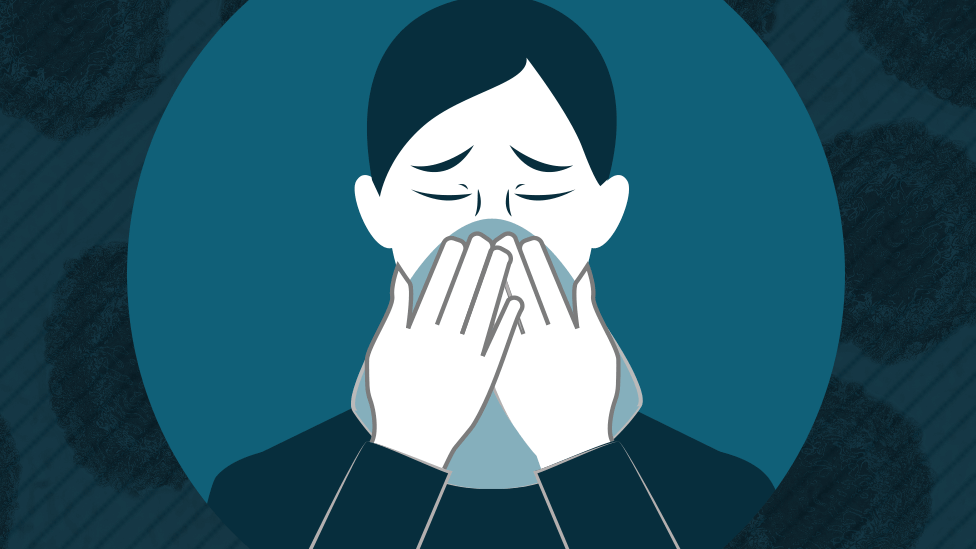
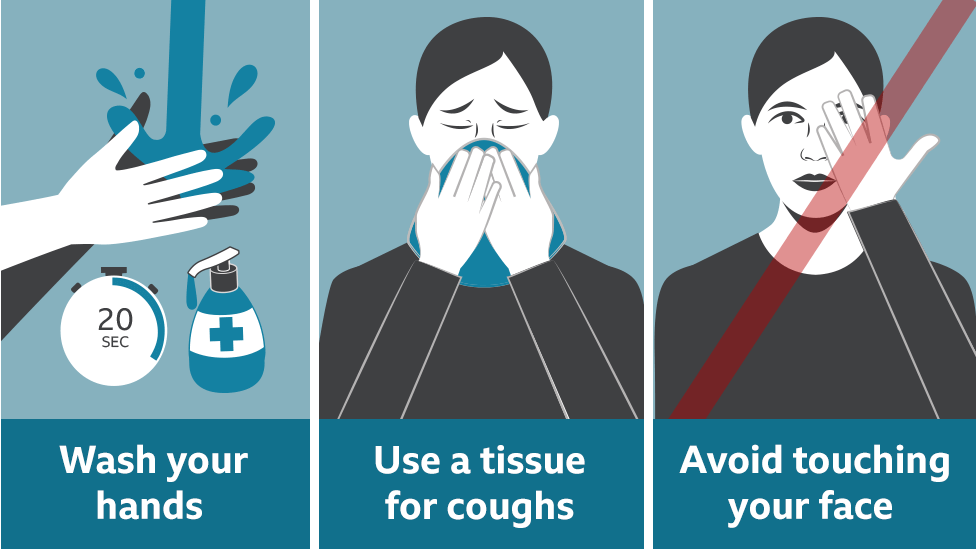
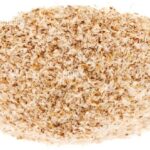



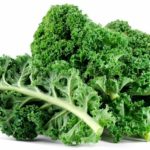

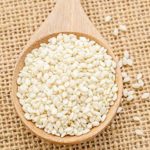





Hi Sazia,
This is a very comprehensive blog on COVID-19. Everything that people need to know.
My son is visiting from Montreal and he sanitizes everything every day. Stay well!
Hi Kathryn, Thanks for visiting, stay safe.